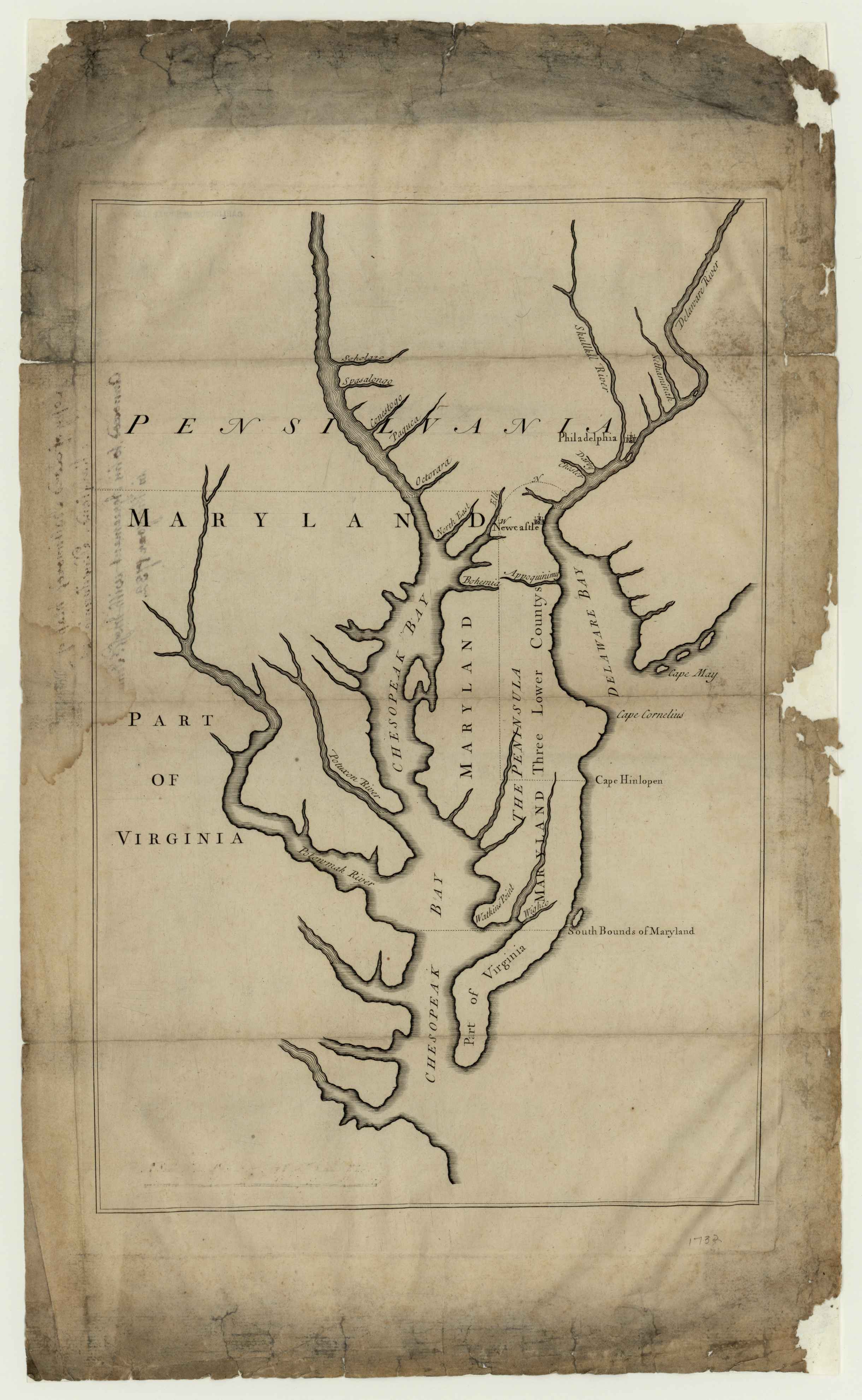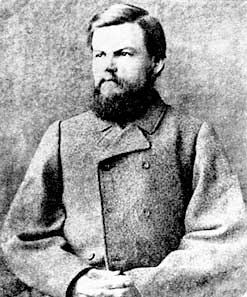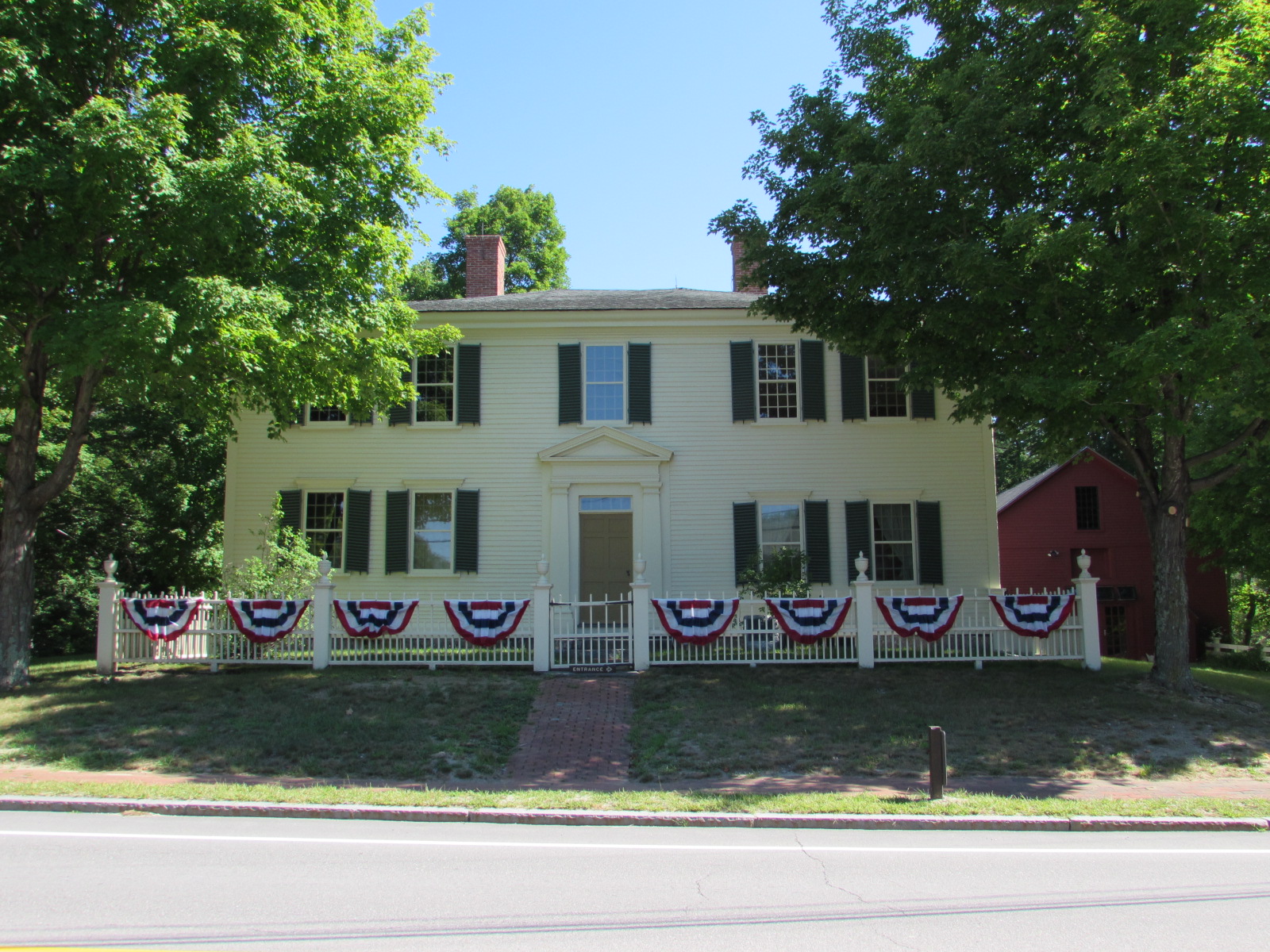|
Henry May (American Politician)
Henry May (February 13, 1816 – September 25, 1866) was a U.S. Representative from Maryland. Early life May was born in Washington, D.C., on February 13, 1816. He was a son of Dr. Frederick May (1773–1847) and Juliana Mathilda (née Slacum) May (1793–1822). His siblings included John Frederick May, William May, Julia Matilda (née May) Oelrichs (mother of Hermann Oelrichs, Charles May Oelrichs and Lucie Oelrichs Jay), Laura (née May) Wise (the wife of Gen. George D. Wise), and Julian S. May. His father, who was born in Boston, was a physician who spent nearly the last fifty years of his life practicing in Washington. His paternal grandparents were Abigail (née May) May and Col. John May, who participated in the Boston Tea Party and became a prominent soldier in the American Revolutionary War. He attended Columbian College (later George Washington University), also in Washington, D.C. He studied law, was admitted to the bar in 1840, and commenced practice. Career In 18 ... [...More Info...] [...Related Items...] OR: [Wikipedia] [Google] [Baidu] |
Maryland
Maryland ( ) is a U.S. state, state in the Mid-Atlantic (United States), Mid-Atlantic region of the United States. It borders the states of Virginia to its south, West Virginia to its west, Pennsylvania to its north, and Delaware to its east, as well as with the Atlantic Ocean to its east, and the national capital and federal district of Washington, D.C. to the southwest. With a total area of , Maryland is the List of U.S. states and territories by area, ninth-smallest state by land area, and its population of 6,177,224 ranks it the List of U.S. states and territories by population, 18th-most populous state and the List of states and territories of the United States by population density, fifth-most densely populated. Maryland's capital city is Annapolis, Maryland, Annapolis, and the state's most populous city is Baltimore. Maryland's coastline was first explored by Europeans in the 16th century. Prior to that, it was inhabited by several Native Americans in the United States ... [...More Info...] [...Related Items...] OR: [Wikipedia] [Google] [Baidu] |
Boston Tea Party
The Boston Tea Party was a seminal American protest, political and Mercantilism, mercantile protest on December 16, 1773, during the American Revolution. Initiated by Sons of Liberty activists in Boston in Province of Massachusetts Bay, colonial Massachusetts, one of the original Thirteen Colonies in British America, it escalated hostilities between Kingdom of Great Britain, Britain and Patriot (American Revolution), American Patriots, who opposed British colonial mercantile and governing practices. Less than two years later, on April 19, 1775, the Battles of Lexington and Concord, also in Massachusetts, launched the eight-year American Revolutionary War between the British and the Thirteen Colonies, which ultimately prevailed, securing their independence and the establishment of the sovereign United States, United States of America. The target of the Boston Tea Party was the British implementation of the Tea Act of May 10, 1773, which allowed the East India Company to sell ... [...More Info...] [...Related Items...] OR: [Wikipedia] [Google] [Baidu] |
Fort Lafayette
Fort Lafayette was an island coastal fortification in The Narrows of New York Harbor (New York Bay), built offshore from nearby Fort Hamilton at the southern tip of what is now the Bay Ridge, Brooklyn, Bay Ridge neighborhood in the New York City borough (New York City), borough of Brooklyn at the western end of Long Island. The fort was built on a natural off-shore island shoal, known as Hendrick's Reef. Construction on the fort began during the War of 1812 (1812-1815), with the Kingdom of Great Britain and Ireland, British and was completed almost a decade later in 1822, as part of the continuing Seacoast defense in the United States, seacoast defense systems of the United States, built-up over the next two and half centuries with waterfront / island fortifications and artillery batteries outside seaport cities, mouths of rivers / bays and various strategic points, along the East Coast of the United States, East Coast and southern Gulf of Mexico (later expanded to the West Coast ... [...More Info...] [...Related Items...] OR: [Wikipedia] [Google] [Baidu] |
Habeas Corpus
''Habeas corpus'' (; from Medieval Latin, ) is a legal procedure invoking the jurisdiction of a court to review the unlawful detention or imprisonment of an individual, and request the individual's custodian (usually a prison official) to bring the prisoner to court, to determine whether their detention is lawful. ''Habeas corpus'' is generally enforced via writ, and accordingly referred to as a writ of ''habeas corpus''. The writ of ''habeas corpus'' is one of what are called the "extraordinary", "common law", or " prerogative writs", which were historically issued by the English courts in the name of the monarch to control inferior courts and public authorities within the kingdom. The writ was a legal mechanism that allowed a court to exercise jurisdiction and guarantee the rights of all the Crown's subjects against arbitrary arrest and detention. At common law the burden was usually on the official to prove that a detention was authorized. ''Habeas corpus'' has cert ... [...More Info...] [...Related Items...] OR: [Wikipedia] [Google] [Baidu] |
American Civil War
The American Civil War (April 12, 1861May 26, 1865; also known by Names of the American Civil War, other names) was a civil war in the United States between the Union (American Civil War), Union ("the North") and the Confederate States of America, Confederacy ("the South"), which was formed in 1861 by U.S. state, states that had Secession in the United States, seceded from the Union. The Origins of the American Civil War, central conflict leading to war was a dispute over whether Slavery in the United States, slavery should be permitted to expand into the western territories, leading to more slave states, or be prohibited from doing so, which many believed would place slavery on a course of ultimate extinction. Timeline of events leading to the American Civil War, Decades of controversy over slavery came to a head when Abraham Lincoln, who opposed slavery's expansion, won the 1860 presidential election. Seven Southern slave states responded to Lincoln's victory by seceding f ... [...More Info...] [...Related Items...] OR: [Wikipedia] [Google] [Baidu] |
37th United States Congress
The 37th United States Congress was a meeting of the legislative branch of the United States federal government, consisting of the United States Senate and the United States House of Representatives. It met in Washington, D.C., from March 4, 1861, to March 4, 1863, during the first two years of Abraham Lincoln's Presidency of Abraham Lincoln, presidency. * May 20, 1861: North Carolina Secession Convention enacted an Ordinance of Secession. * May 23, 1861: Virginia popular referendum ratified Ordinance of Secession. 5 of 12 U.S. Representatives remained. Two senators from the "Restored Government of Virginia" replaced the two who withdrew. * June 8, 1861: Tennessee popular referendum ratified Ordinance of Secession. 3 of 10 U.S. Representatives remain. One Senator, Andrew Johnson, remained. * July 21, 1861: First Battle of Bull Run Union approach to Richmond is repulsed. * September 17, 1862: Battle of Antietam rebel invasion into Maryland is repulsed. * September 22, 1862: Emancipa ... [...More Info...] [...Related Items...] OR: [Wikipedia] [Google] [Baidu] |
Unionist Politician (American Civil War)
Unionists in the border states organized political parties to oppose secession from the United States during the American Civil War. They extended critical support to the wartime administration of Abraham Lincoln while remaining outside Lincoln's Republican Party. While some harbored antislavery sympathies, most Unionists viewed the abolitionist movement with hostility and initially resisted Lincoln's efforts on behalf of emancipation. Unionist governments were opposed by Copperheads who opposed Lincoln's wartime policies and in some cases the war itself, as well as Confederate regular and irregular military forces. Abraham Lincoln won the 1860 United States presidential election on a platform that called for the exclusion of slavery from the U.S. territories; his election and subsequent efforts to suppress rebellion precipitated the secession of eleven slave states that formed the Confederate States of America. Unionist opposition to secession in the slave states included ... [...More Info...] [...Related Items...] OR: [Wikipedia] [Google] [Baidu] |
34th United States Congress
The 34th United States Congress was a meeting of the legislative branch of the United States federal government, consisting of the United States Senate and the United States House of Representatives. It met in Washington, D.C., from March 4, 1855, to March 4, 1857, during the last two years of Franklin Pierce's presidency. The apportionment of seats in the House of Representatives was based on the 1850 United States census. The Whig Party, one of the two major parties of the era, had largely collapsed, although many former Whigs ran as Republicans or as members of the " Opposition Party." The Senate had a Democratic majority, and the House was controlled by a coalition of Representatives led by Nathaniel P. Banks, a member of the American Party. Major events * March 30, 1855: Elections were held for the first Kansas Territory legislature. Missourians crossed the border in large numbers to elect a pro-slavery body. * July 2, 1855: The Kansas territorial legislature conv ... [...More Info...] [...Related Items...] OR: [Wikipedia] [Google] [Baidu] |
33rd United States Congress
The 33rd United States Congress was a meeting of the legislative branch of the United States federal government, consisting of the United States Senate and the United States House of Representatives. It met in Washington, D.C. from March 4, 1853, to March 4, 1855, during the first two years of Franklin Pierce's presidency. During this session, the Kansas–Nebraska Act was passed, an act that soon led to the creation of the Republican Party. The apportionment of seats in the House of Representatives was based on the 1850 United States census. Both chambers had a Democratic majority. Major events * March 4, 1853: Franklin Pierce became 14th President of the United States * April 18, 1853: Vice President William R. King died * July 8, 1853: Commodore Matthew C. Perry arrived in Edo Bay with a request for a trade treaty * December 30, 1853: Gadsden Purchase: The United States bought land from Mexico to facilitate railroad building in the Southwest * March 20, 1854: Rep ... [...More Info...] [...Related Items...] OR: [Wikipedia] [Google] [Baidu] |
Mexico
Mexico, officially the United Mexican States, is a country in North America. It is the northernmost country in Latin America, and borders the United States to the north, and Guatemala and Belize to the southeast; while having maritime boundary, maritime boundaries with the Pacific Ocean to the west, the Caribbean Sea to the southeast, and the Gulf of Mexico to the east. Mexico covers 1,972,550 km2 (761,610 sq mi), and is the List of countries by area, thirteenth-largest country in the world by land area. With a population exceeding 130 million, Mexico is the List of countries by population, tenth-most populous country in the world and is home to the Hispanophone#Countries, largest number of native Spanish speakers. Mexico City is the capital and List of cities in Mexico, largest city, which ranks among the List of cities by population, most populous metropolitan areas in the world. Human presence in Mexico dates back to at least 8,000 BC. Mesoamerica, considered a cradle ... [...More Info...] [...Related Items...] OR: [Wikipedia] [Google] [Baidu] |
Franklin Pierce
Franklin Pierce (November 23, 1804October 8, 1869) was the 14th president of the United States, serving from 1853 to 1857. A northern Democratic Party (United States), Democrat who believed that the Abolitionism in the United States, abolitionist movement was a fundamental threat to the nation's unity, he alienated anti-slavery groups by signing the Kansas–Nebraska Act and enforcing the Fugitive Slave Act. Conflict between North and South continued after Pierce's presidency, and, after Abraham Lincoln was 1860 United States presidential election, elected president in 1860, the Confederate States of America, Southern states seceded, resulting in the American Civil War. Pierce was born in New Hampshire, the son of state governor Benjamin Pierce (governor), Benjamin Pierce. He served in the United States House of Representatives, House of Representatives from 1833 until his election to the United States Senate, Senate, where he served from 1837 until his resignation in 1842. Hi ... [...More Info...] [...Related Items...] OR: [Wikipedia] [Google] [Baidu] |
Admission To The Bar In The United States
Admission to the bar in the United States is the granting of permission by a particular court system to a lawyer to practice law in the jurisdiction. Each U.S. state and jurisdiction (e.g. territories under federal control) has its own court system and sets its own rules and standards for bar admission. In most cases, a person is admitted or called to the bar of the highest court in the jurisdiction and is thereby authorized to practice law in the jurisdiction. Federal courts, although often overlapping in admission requirements with states, include additional steps for admission. Typically, lawyers seeking admission to the bar of one of the U.S. states must earn a Juris Doctor degree from a law school approved by the jurisdiction, pass a bar exam and professional responsibility examination, and undergo a character and fitness evaluation, with some exceptions to each requirement. A lawyer admitted in one state is not automatically allowed to practice in any other. Some st ... [...More Info...] [...Related Items...] OR: [Wikipedia] [Google] [Baidu] |






